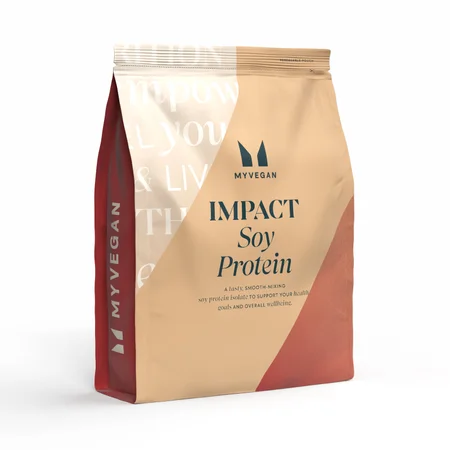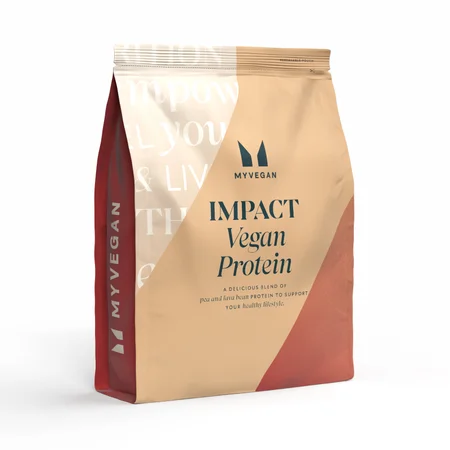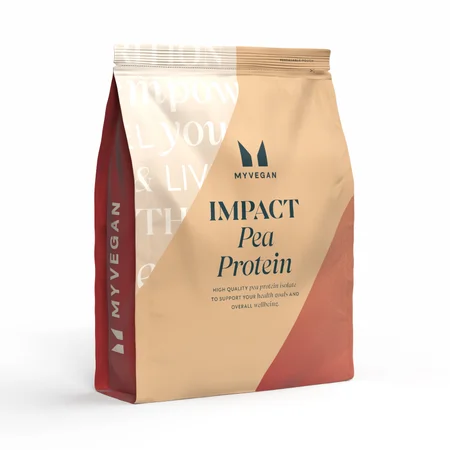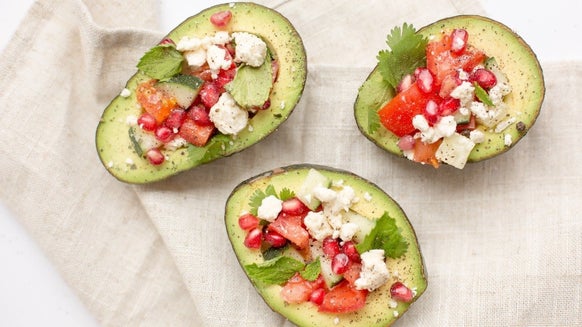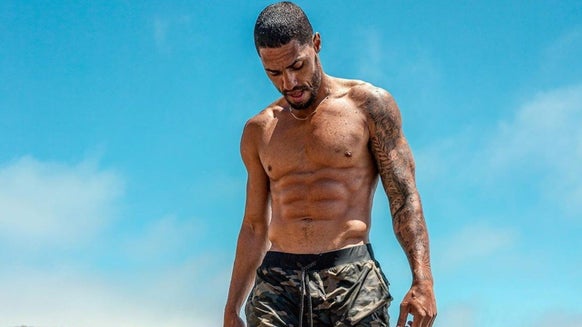How Vegan Protein Powder Is Made | In The Lab
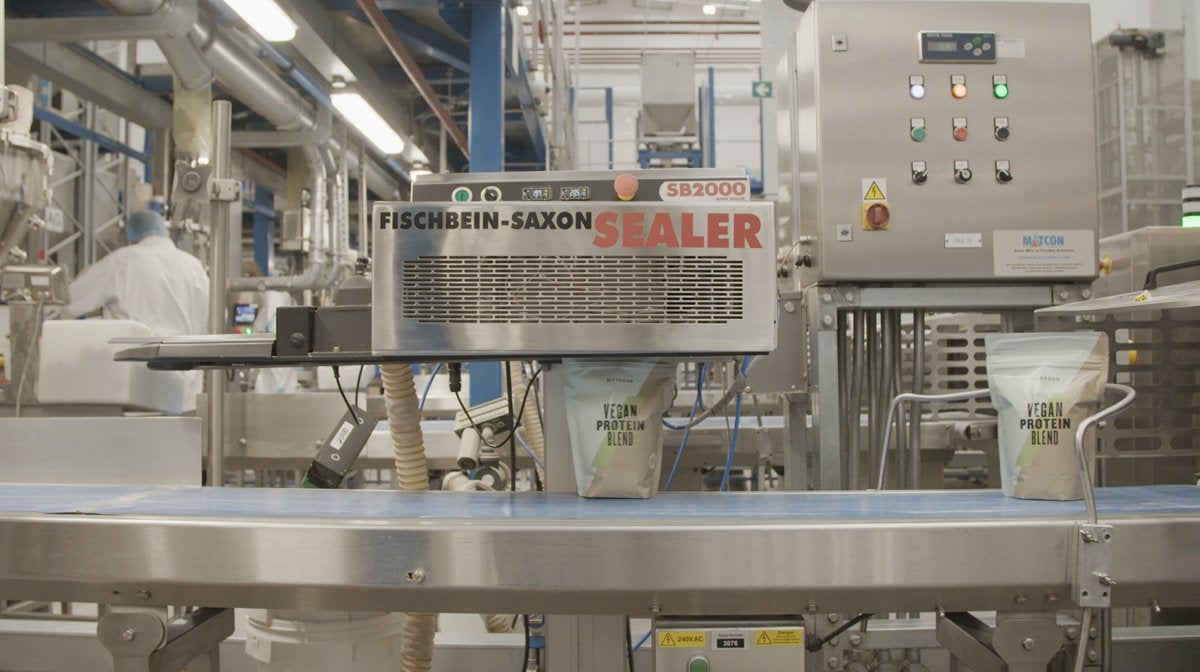
We’ve already shown you how we make whey protein, creatine, and vitamins at our UK factory. But we’re not stopping there. In this latest instalment of In The Lab, we give you a behind-the-scenes look into how we make our vegan protein. It would have been rude not to.
A vegan diet means no meat, no eggs and no dairy — so no whey. But there are a ton of options for those who want a plant-based protein, including pea, rice, soy, and hemp.
There’s been a rise in demand for vegan alternatives recently. The UK has become a driving force behind the plant-based protein boom, accounting for 11% of the global food and drink launches containing pea protein in a single year. Now that’s a lot of vegan products.
Why choose vegan protein?
Vegan protein is not just for those who follow a plant-based diet. It's also a great option for people with allergies and intolerances. It doesn’t contain any dairy, it’s naturally gluten-free, and it’s hypoallergenic. And on top of that, a 25g serving provides you with between 18g and 20g of plant-powered protein.
How vegan protein is made
An important aspect of vegan protein powders is making sure the protein source is highly bioavailable. This is one reason why pea protein powder is so common. It's made from yellow split peas, which as we mentioned is also dairy and gluten free.
Pea protein isolate is made through a simple food production process. The pea’s outer shell is removed and milled into a flour. The other parts of the pea — like the fibre and starch — are separated through a filtration process and then distilled into a white precipitate. This is the protein powder.
But it’s not over there. The process is then repeated with fava beans, which is the source of B vitamins, zinc, magnesium, iron, copper, and manganese found in the protein powder. Copper and manganese are particularly useful ingredients, as they help us to maintain healthy bones.
After this, the protein powders are ready to be sent to our UK factory.
Quality assurance
Before the raw materials can go for mixing and packaging, they’re first taken to quality assurance for thorough testing. And we mean thorough. After arriving in the warehouse, the products go through three stages of quality assurance.
Raw material labs
Believe it or not, this is where all raw materials that arrive into the warehouse are tested. There are three primary objectives when testing new raw materials. First, we ensure that the raw materials match our specifications. Second, we ensure they match our micro-declarations. Third, we ensure they meet our “gold standard”. If the materials do not match all three of these criteria, they cannot be used.
Supplier quality assurance team
This team is responsible for ensuring that any products that are produced in-house all meet the same high standards. This includes packaging, including wrappers, tubs, lids, and scoops.
Quality assurance team
This team are located in the production warehouse. Their job begins as soon as the raw material enters the IBC mixing containers, and from here they follow the process right through to completion.
Line operators play a vital role in ensuring that manufacturing practices are followed to a high standard. They monitor allergens and x-ray products to ensure there’s no cross-contamination.
And then the final, and best, stage. All products are put through a final taste test to ensure they meet the gold standard. Once approved, they can be released into the warehouse ready for sale.
Take home message
And that’s that. Well, until your vegan protein makes its way to your protein cupboard. And then into your shaker. And then into your tummy. And to think, it all started from a little split pea.

